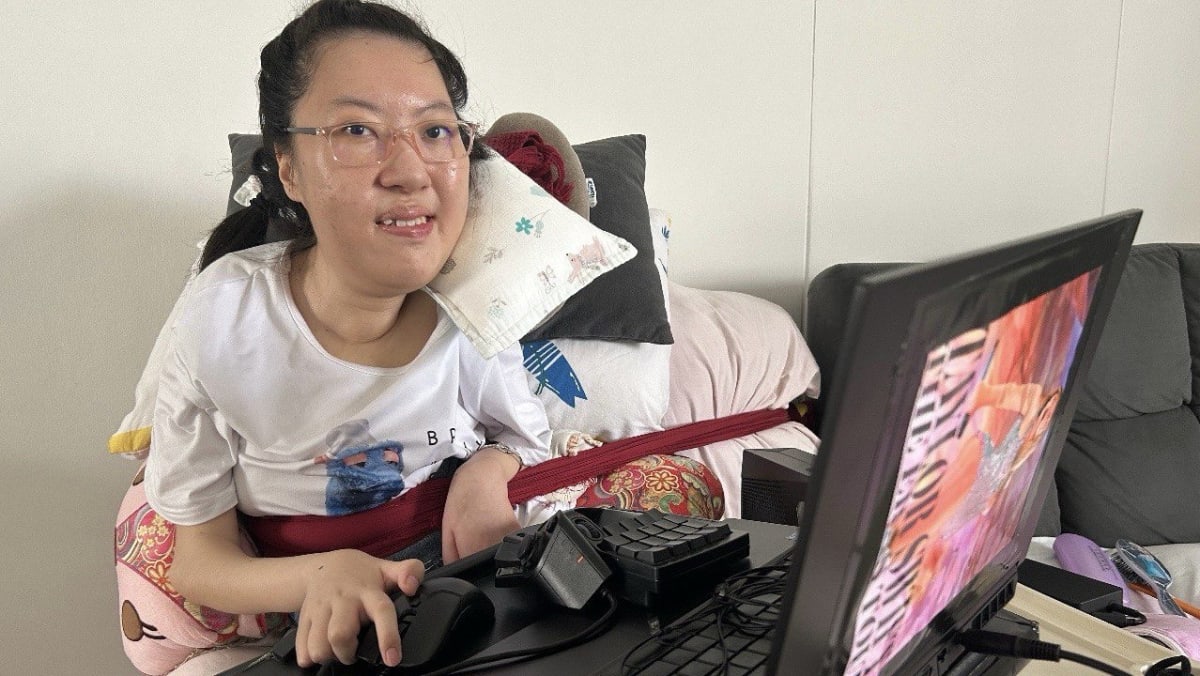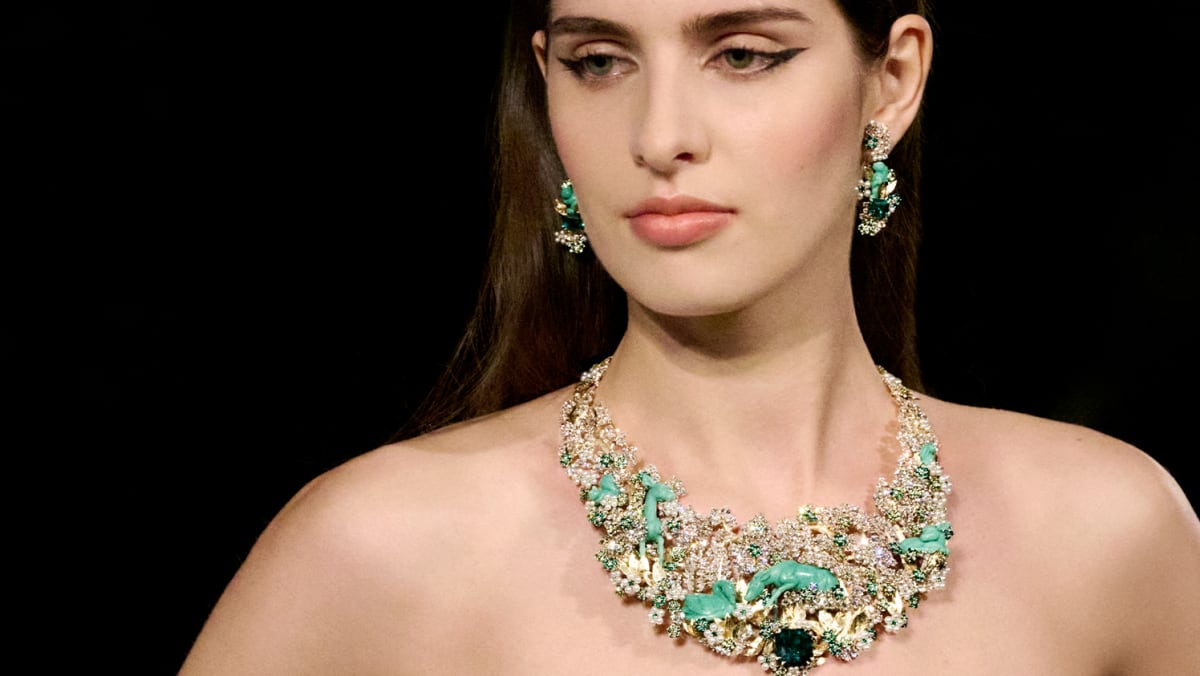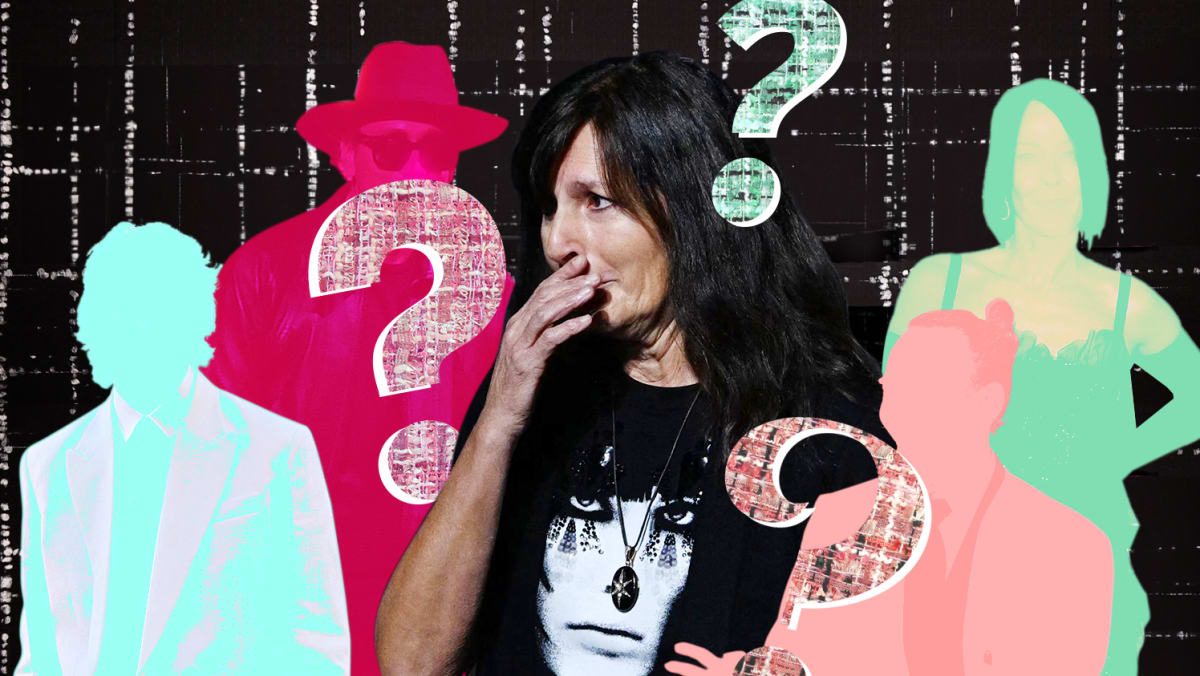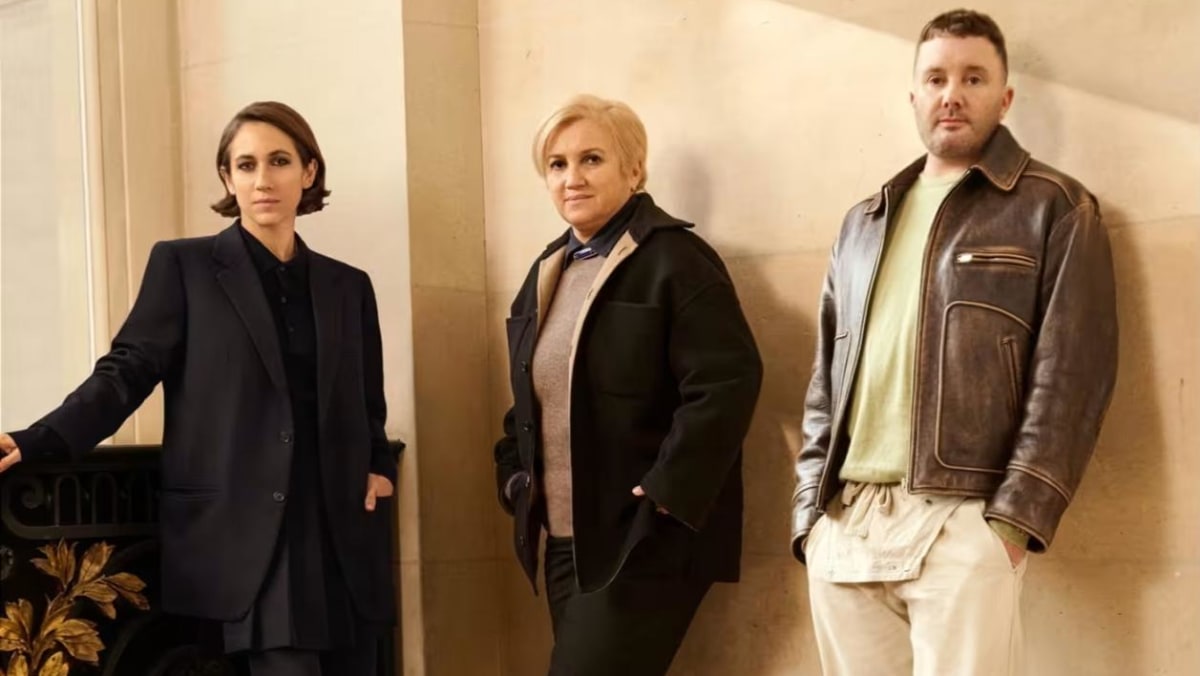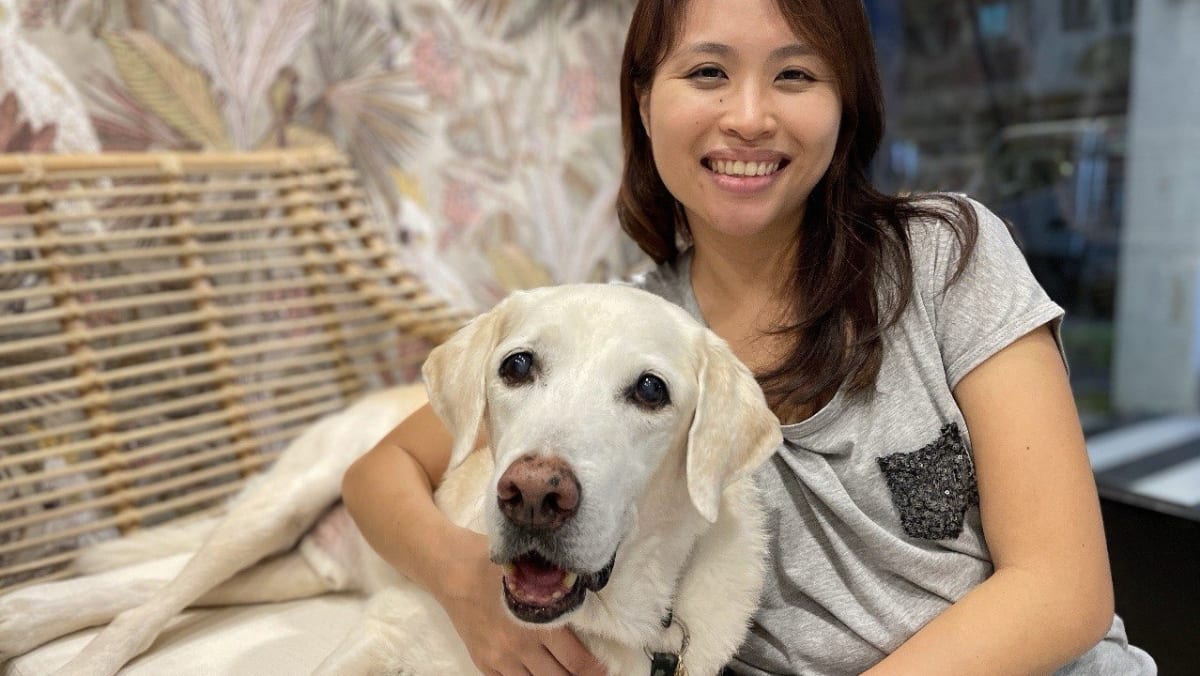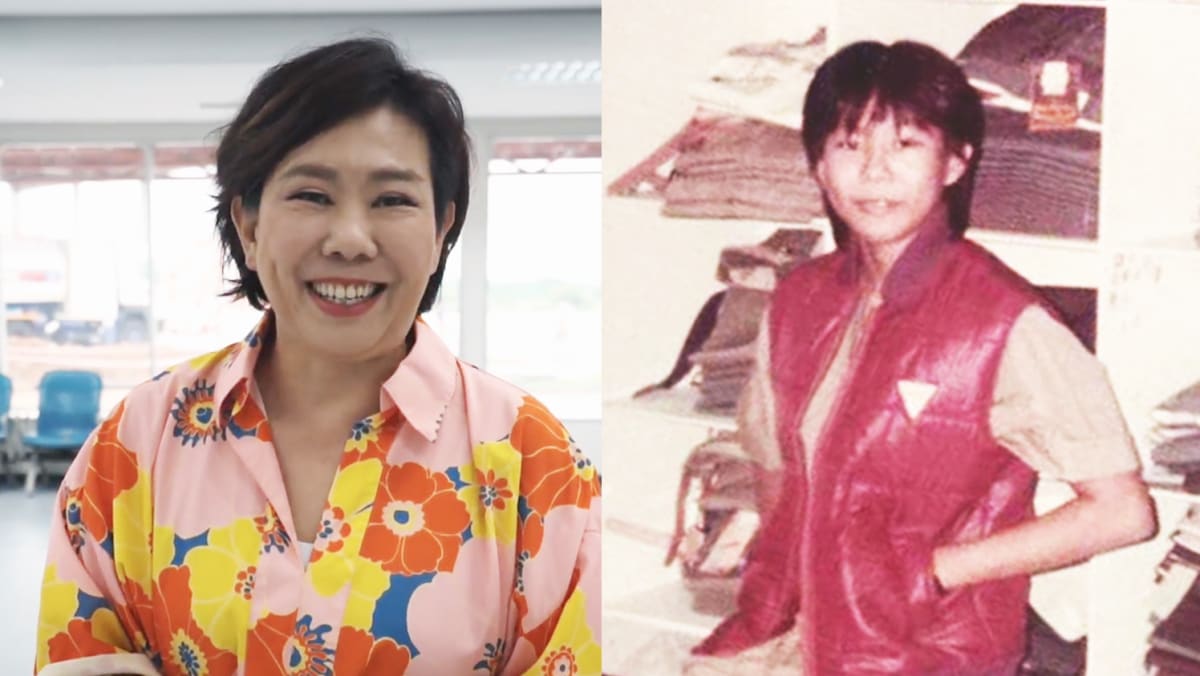When I was a young girl, I was taught about choice – or the illusion of it.
My grandfather had come across a particular printed cartoon of a factory production line and quickly became obsessed with its messaging. He made several copies for me and my cousins, seizing any chance to educate us on what he’d gleaned from the cartoon.
This was no ordinary factory. The conveyor belt carried humans, who were sorted into different boxes, each representing different career paths. Humans wearing a mortarboard landed in the doctor and lawyer boxes – and looked suspiciously happy – while those without a mortarboard ended up being grumpy road sweepers.
The lesson was simple, according to my grandfather’s repeated drilling: If I studied hard, I would end up successful and happy, with a well-paying job, which would then help me find a good husband and start a nice family. And didn’t I want to be successful and happy?
But, of course, I could only pick from select paths, which I was supposed to desire.
As much as my grandfather probably thought he was being progressive by foisting upon me careers that girls wouldn’t have been encouraged to pursue during his time, I only internalised one thing: My choices were wrong if it didn’t align with his.
A WOMAN’S VOCATION AS “HOMEMAKER”?
Over the next two decades, I would suppress the same frustration whenever I was fed the message that a specific kind of life would bring me success and happiness. But having now become comfortable with my own choices in my thirties, I’d built an unapologetic life where another woman’s choices don’t feel like an indictment of my own.
I’d assumed I was already desensitised to anyone’s opposing beliefs.







